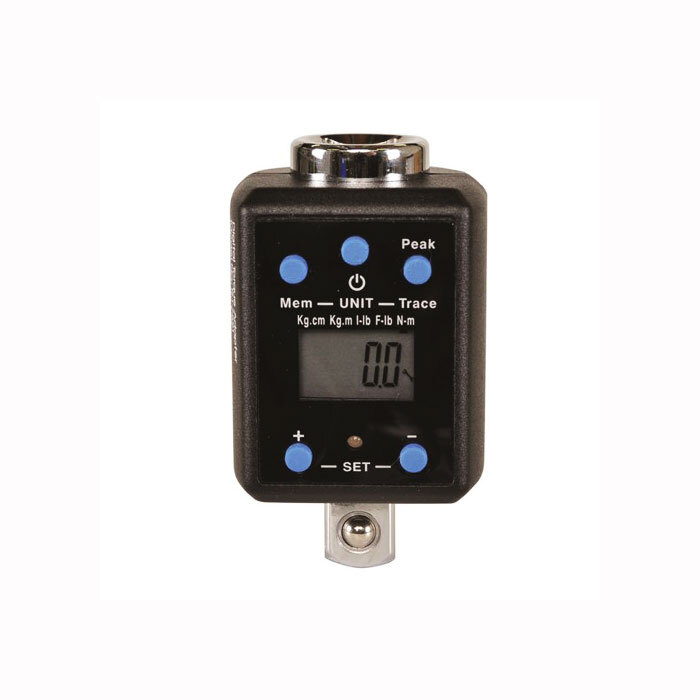Re: 912ULS NGK DCPR8E spark plugs / tools
by Sean Griffin » 2 years ago
My torque wrench collection (over many years) ranges from certified through to "el cheapos". They all have a place in my mechanical efforts.
Possibly the most versatile, are the electronic convert a ratchet to a torque wrench, types.
I test my el cheapos against the certified wrenches and set accordingly.

Re: 912ULS NGK DCPR8E spark plugs / tools
by Bob Neubaum » 8 months ago
Is the NGK DCPR8E the best plug to use for the 912ULS?
Re: 912ULS NGK DCPR8E spark plugs / tools
by Roger Lee » 8 months ago
Bob Neubaum wrote:Is the NGK DCPR8E the best plug to use for the 912ULS?
It’s either that NGK or a Rotax plug
Roger Lee
LSRM-A & Rotax Instructor & Rotax IRC
Tucson, AZ Ryan Airfield (KRYN)
520-349-7056 Cell
Re: 912ULS NGK DCPR8E spark plugs / tools
by Sean Griffin » 8 months ago
Hi Kenz,
There's some truth to this, but there's also some hyperbole. If the engine used to be spec'ed to 20Nm, and is not spec'ed to 16, then that already hints at a very wide torque spec. Furthermore, the lack of precision given in the torque spec (+- how many Nm?) is another clue that it's not extraordinarily sensitive.
Steel spark plugs have been going into allow heads for decades in the automotive industry, and there seems not to be a problem with people tightening them by feel, much less with a precision torque wrench whose calibration certification is still valid.
I think it's fair to conclude that a reasonably prudent approach will give fine results. I don't think I've ever heard of a spark plug damaging a cylinder through overtightening due to a miscalibrated torque wrench. Even if it is happening on occasion, it's certainly not as big a historical risk as crossthreading.
In general, I agree with your observations/comments.
One of the reasons I like Rotax engines, is their adoption of many automotive concepts/technologies, however I don't think that drawing parallels with ground based engine maintenance (what you can get away with) and those that lift us aloft, is constructive. An aircraft engine failure is far more likly to injure/kill the occupants, than a similar problem in a ground based vehicle.
Your Rotax 9 is not an automotive engine - it costs a great deal more. A "she'll be right mate" approach to achieving the recommended torque has the potential to be extraordinarily expensive - why take the risk, when for a few dollars a sufficiently accurate torque wrench can be used?
As for the newish 16Nm V the old 20 Nm spark plug recommended torque - I don't know what the Rotax rational for this change is - the idea that the plug type (Rotax/NGK) is what's driving it, makes little sense. Could be simply to reduce the chance of overtorque - the potential for damage due to overtorque is far greater when using the old (20Nm) figure?
|
To receive critical-to-safety information on your ROTAX Engine, please subscribe to |
This website uses cookies to manage authentication, navigation, and other functions. By using our website, you agree that we can place these types of cookies on your device.
You have declined cookies. This decision can be reversed.
You have allowed cookies to be placed on your computer. This decision can be reversed.
This website uses cookies to manage authentication, navigation, and other functions. By using our website, you agree that we can place these types of cookies on your device.
